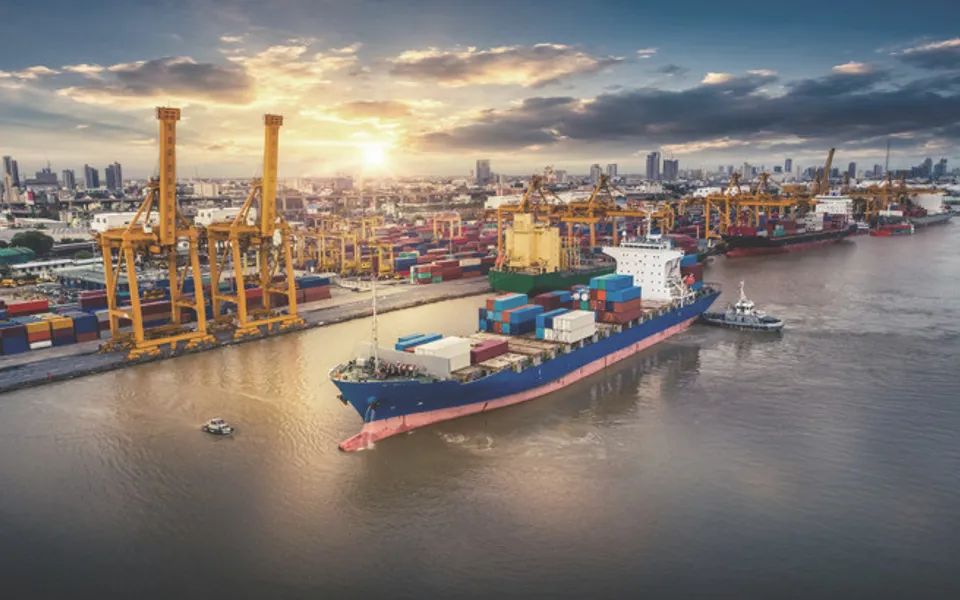
Synthetic e-fuels from renewable energy show potential for sustainable shipping
10 Dec 2019
A Ricardo study commissioned by the Environmental Defense Fund and focusing on Chile, highlights the enormous potential for the production of e-fuels from renewable energy for use by the shipping industry.
The report Electrofuels for shipping discusses how synthetic fuels derived from renewable energy could play an important role in decarbonizing the international shipping industry, with a specific focus on the role that Chile might play in delivering such a low carbon future. Using renewable energy, hydrogen can be produced in electrolysers by separating hydrogen atoms from water. This green hydrogen can then either be used as a fuel directly or processed further to produce green ammonia or carbon-based fuels like methanol. The substitution of these e-fuels for more traditional fuels are not without engineering challenges in terms of propulsion, fuel handling and storage systems, as well as protecting the safety of port staff and crew. Provided such engineering challenges are addressed, however, carbon neutral e-fuels offer a sustainable alternative to existing, fossil derived fuels used for marine applications.
The purpose of the report, which was produced by Ricardo for the Environmental Defense Fund, is to illustrate in a practical way how countries which possess large untapped renewable resources could use the energy demand from ships to unlock investment in new clean energy infrastructure.
Chile is heavily reliant on shipping for both international trade and domestic transportation. It also has one of the largest renewable energy capacities in the world with over 1,200GW of solar potential alone. Moreover, Chile’s unique geographic setting and size offer many favourable locations to set renewable infrastructure and fuel plants close to the main ports and therefore shipping routes. As such, the report demonstrates that Chile is perfectly positioned to become a South American hub for clean shipping.
This initiative would resonate with the strategy of the International Maritime Organization (IMO), which has agreed to cut greenhouse gas emissions by at least 50 percent by 2050 compared to 2008 levels and is now exploring polices that can achieve that goal. This, the report argues, will necessitate investment in new clean infrastructure and propulsion systems which will need to be supported financially to make them commercially competitive with traditional marine fuels. Chile is well-placed to be an early recipient of such investment.
“Ricardo is pleased to have been able to able to contribute to this important study on behalf of the Environmental Defense Fund,” said Nick Ash, principal consultant of Ricardo’s energy team. “The report shows that Chile has huge potential to decarbonize not only the shipping sector but its whole economy and implementation of zero-carbon marine fuels can be a driving force. This would also help to increase the country’s energy security and minimize its reliance on fossil fuel imports.”
For further information or to download a copy of the report, see: https://europe.edf.org/alternative-fuels-shipping.




 Follow Ricardo plc for regular updates
Follow Ricardo plc for regular updates




